Purina Flock Block Poultry Supplement, 25 lb. Bag
The Purina Flock Block Poultry Supplement is a treat for laying hens and mixed poultry flocks. Made with whole grains, the chicken supplement block provides nutrients and enrichment no matter the season.
The Purina Flock Block Poultry Supplement is a treat for laying hens and mixed poultry flocks. Made with whole grains, the chicken supplement block provides nutrients and enrichment no matter the season. In the summer, this chicken supplement encourages natural pecking behavior; and in colder weather, it’s a useful boredom buster, giving birds a place to peck besides each other.
- Wholesome nutrition – Made from whole grains for a nutritious treat
- Mixed-flock treat complements complete feed of laying chickens, ducks, geese and turkeys
- Contains oyster shell and grit to aid in shell quality and feed digestion
- Backyard happiness – Solid grains encourage birds’ natural pecking instinct, to keep them entertained and enrich the coop
- Chicken supplement is ideal for laying hens and mixed poultry flocks
Ingredients
Crude Protein MIN 9.0000 %; Ash MAX 10.0000 %; Lysine MIN 0.3000 %; Crude Fat MIN 2.5000 %; Crude Fiber MAX 4.0000 %; Calcium MIN 2.3000 %; Calcium MAX 2.8000 %; Phosphorus MIN 0.6500 %; Methionine MIN 0.1500 %; Salt MIN 0.7000 %; Salt MAX 1.2000 %; Sodium MAX 0.6000 %
Additional information
| Life Stage | Adult |
|---|---|
| Packaged Height | 8 in. |
| Packaged Length | 27 in. |
| Packaged Weight | 25 lb. |
| Packaged Width | 9 in. |
| Poultry Type(s) | Chickens |
| Product Form | Block |
| Manufacturer Part Number | 3003351-603 |

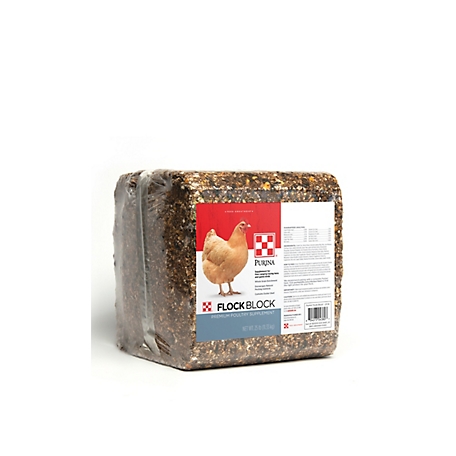
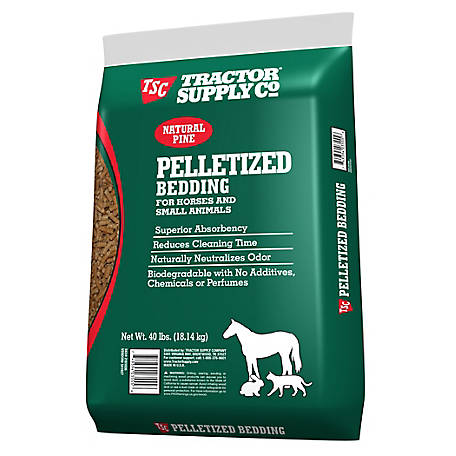
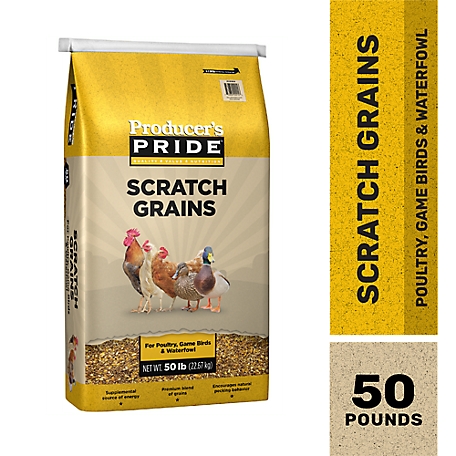
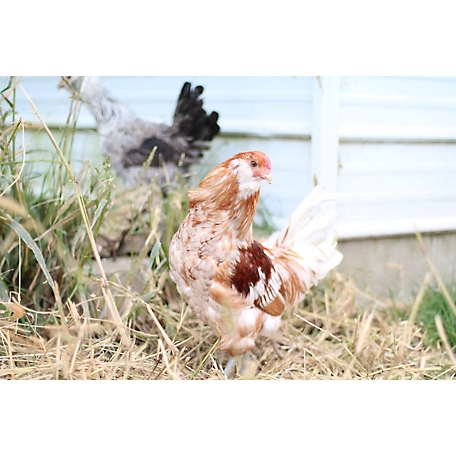
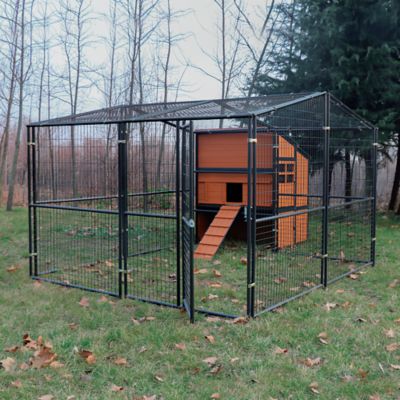
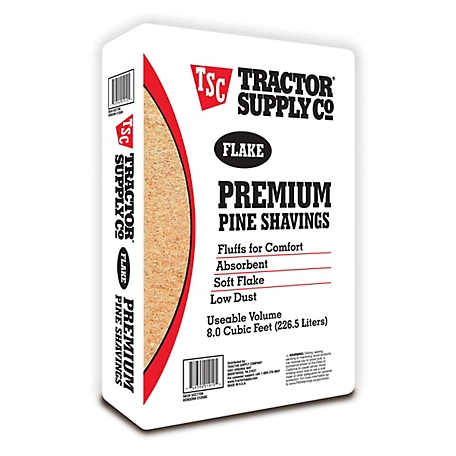
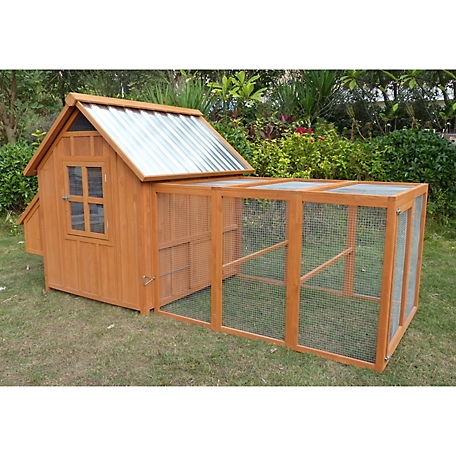
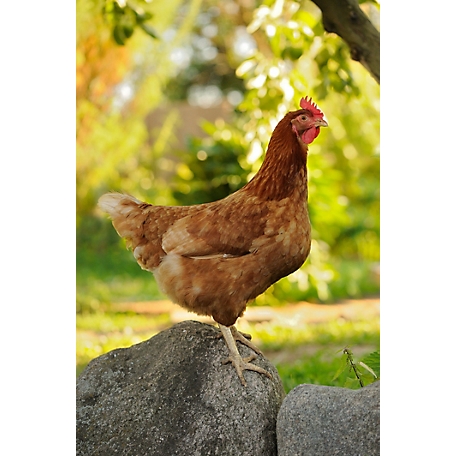
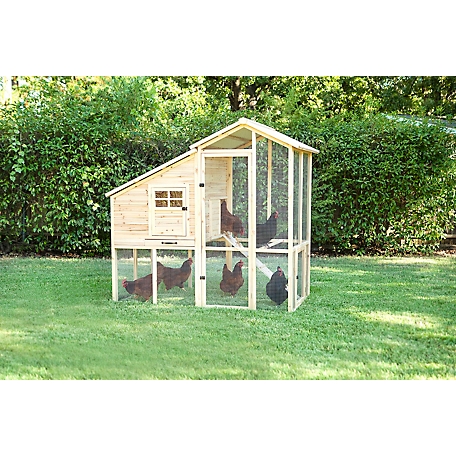
by Cindy
My chickens/Turkeys/ Quail love their feed blocks.
by Blaine
Great product!!
by Roxy
Chickens love it perfect for daily snack or even a feeder if you have to go away for the weekend quality birds enjoy it